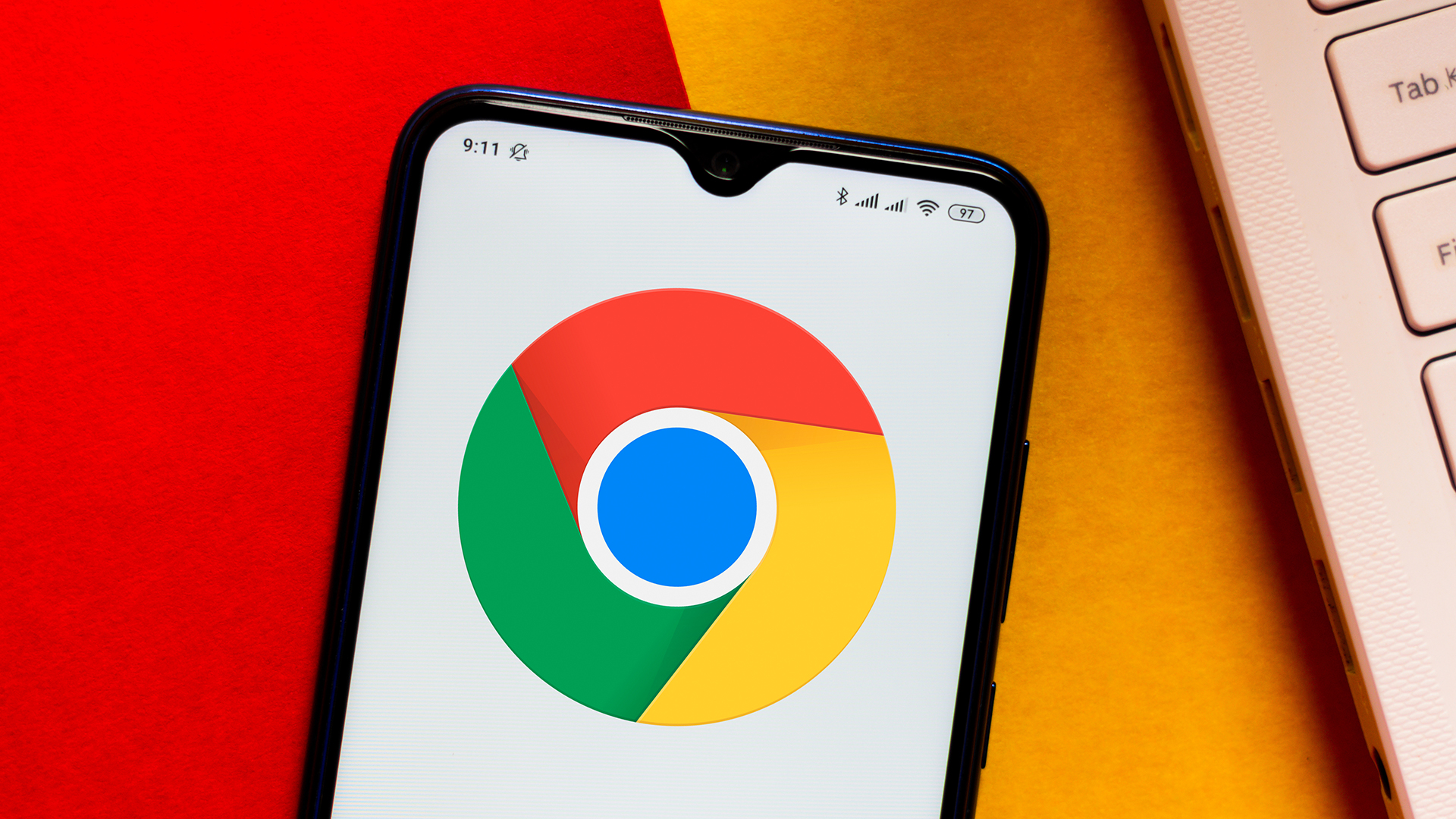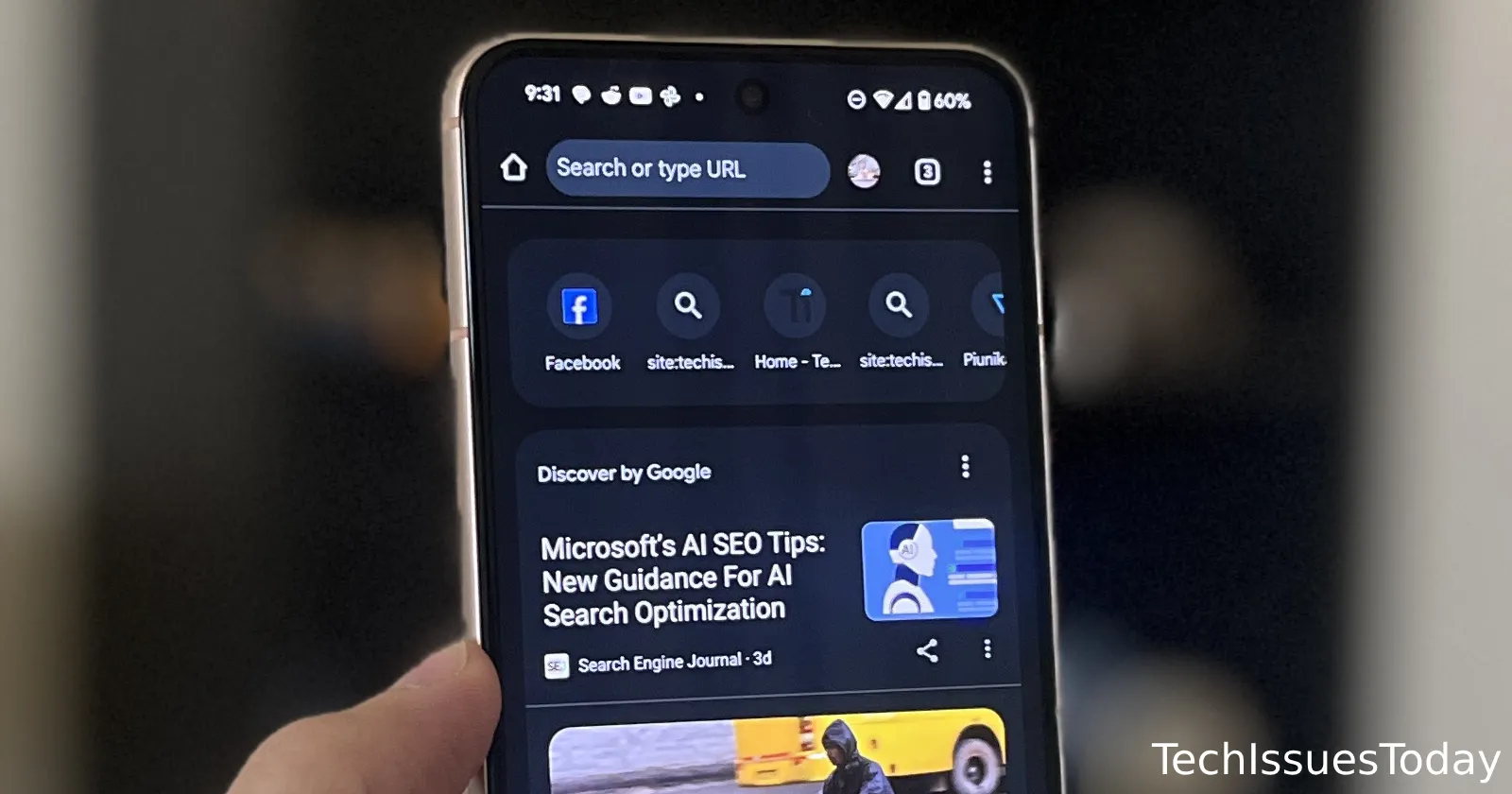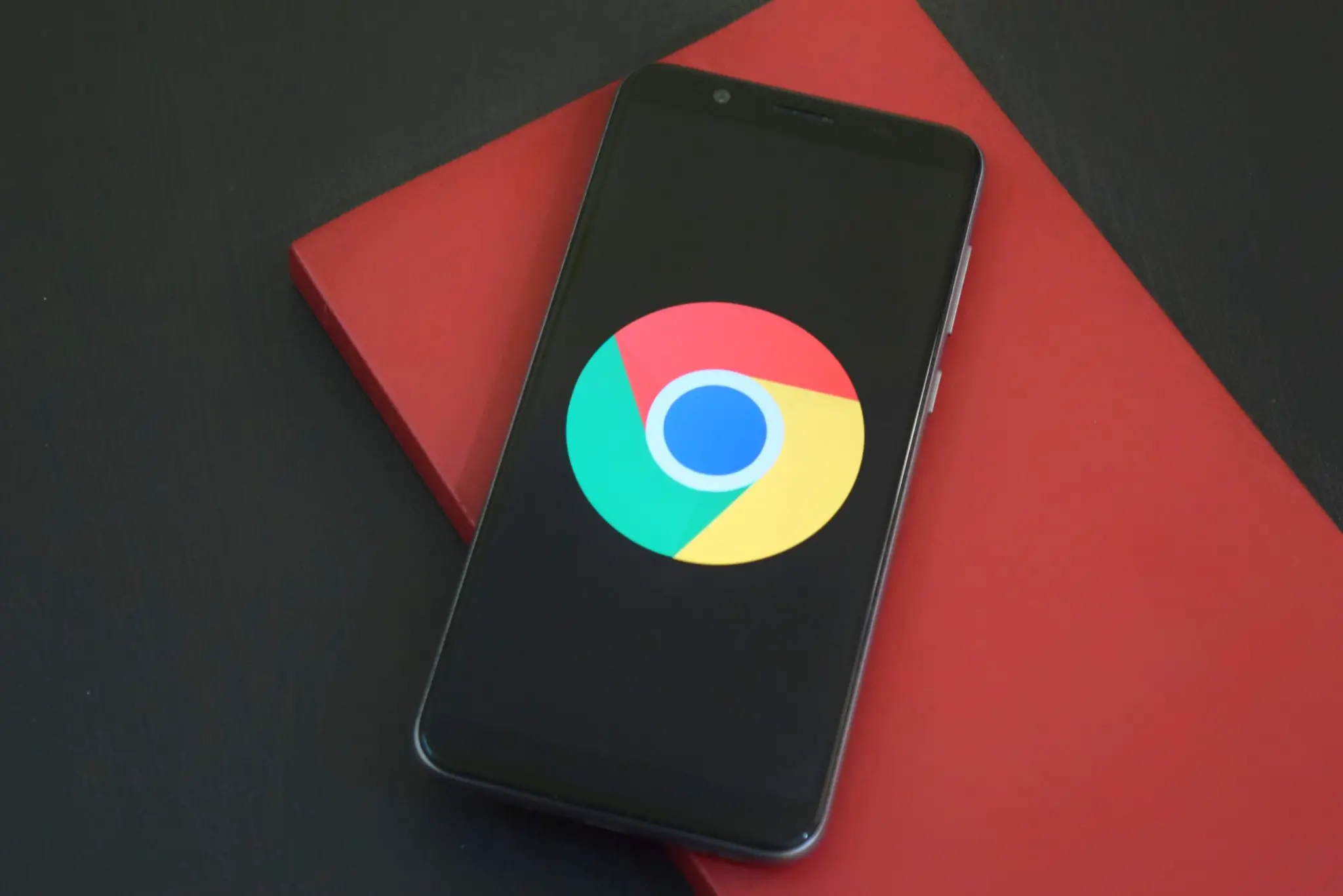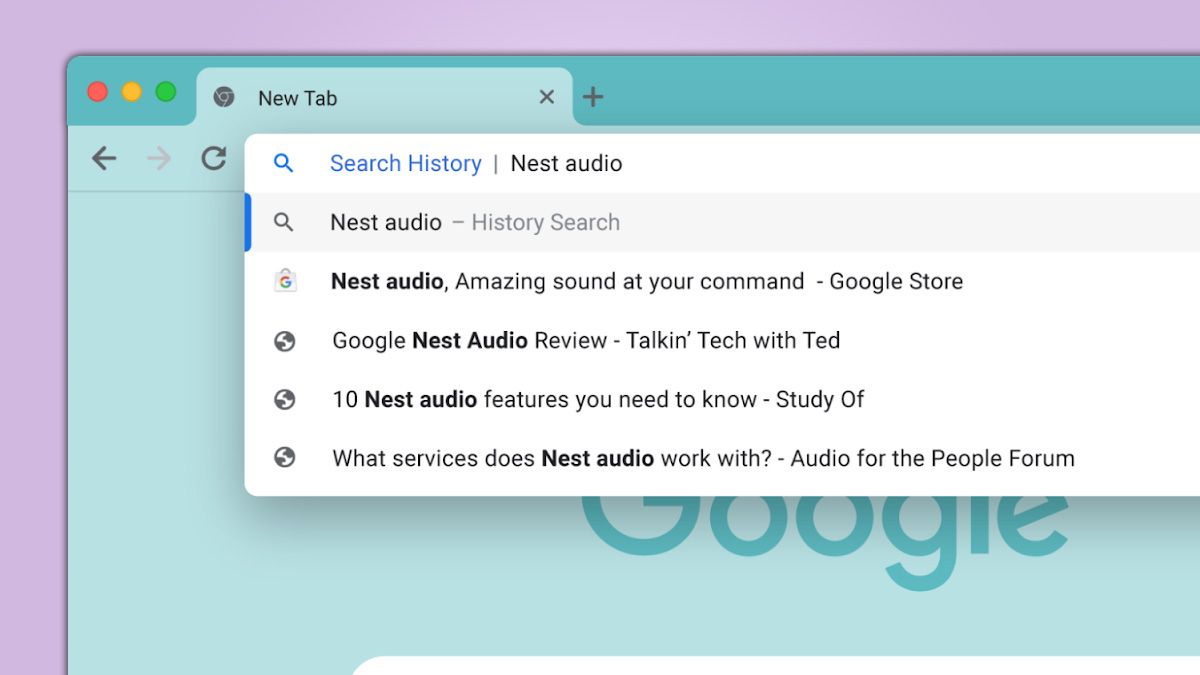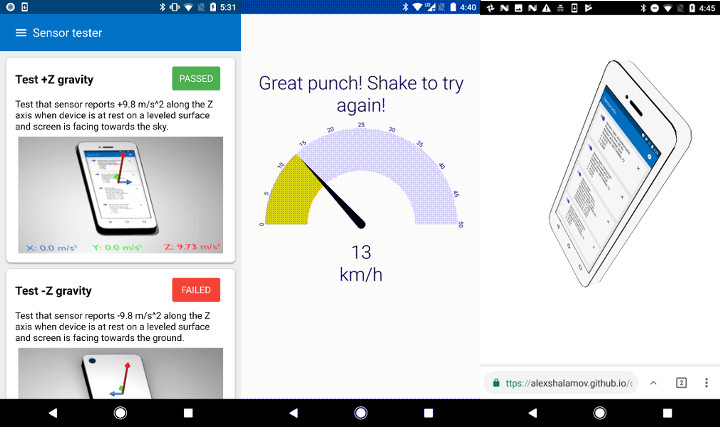
Unlock Your Device's Potential: Chrome 67 & the Generic Sensor API
Tired of your web browser just displaying static pages? The web has evolved! Modern browsers are becoming platforms for powerful apps with access to device hardware. Chrome 67 introduces support for the Generic Sensor API, opening up a new world of possibilities.
What is the Generic Sensor API?
The W3C Generic Sensor API provides a standardized way for web applications to access sensor data. This means developers can create innovative experiences using your device's built-in capabilities, all within the browser. Chrome 67 beta brings this exciting technology to your fingertips.
Supported Sensors: A Glimpse into the Future
Chrome 67 initially supports four key sensor types:
- Accelerometer: Measures acceleration forces, detecting movement and orientation.
- Gyroscope: Measures angular velocity, tracking rotation.
- Orientation Sensor: Combines accelerometer and gyroscope data for precise orientation tracking.
- Motion Sensor: A "fusion" sensor using data from accelerometer, gyroscope, and magnetometer (virtual compass).
These sensors pave the way for richer, more interactive web experiences.
Real-World Applications: Beyond Browsing
The Generic Sensor API unlocks exciting possibilities:
- Virtual and Augmented Reality (VR/AR): The WebXR Device API (also in Chrome 67+) utilizes sensor data for immersive experiences on mobile and desktop. Imagine exploring VR worlds directly in your browser!
- Gaming: Create motion-controlled games that respond to your device's movements.
- Fitness Tracking: Develop web-based fitness apps that track your activity using the accelerometer and gyroscope.
- Accessibility: Build assistive technologies that respond to user gestures and movements.
Try it Now: Experimenting with the Sensor API
Want to explore the Generic Sensor API? Here’s how:
- Get Chrome 67 Beta: Download and install Chrome 67 beta or a later version on your phone or device with sensors.
- Enable Flags: In Chrome, navigate to
chrome://flagsand enable "Generic Sensor" and "Generic Sensor Extra Classes". - Explore Intel's Samples: Test the API using sample code from Intel. You can even customize the source code to experiment further.
Firefox and the Future of Sensor APIs
While Firefox doesn't yet have a dedicated implementation, a bug exists to track progress. Keep an eye on Firefox Reality, designed for mixed reality, as it may support the Generic Sensor API in the future.
Support Innovation: Empowering the Web
The Generic Sensor API represents a significant step forward for web technology. By accessing device sensors, web applications can become more interactive, immersive, and useful than ever before.


